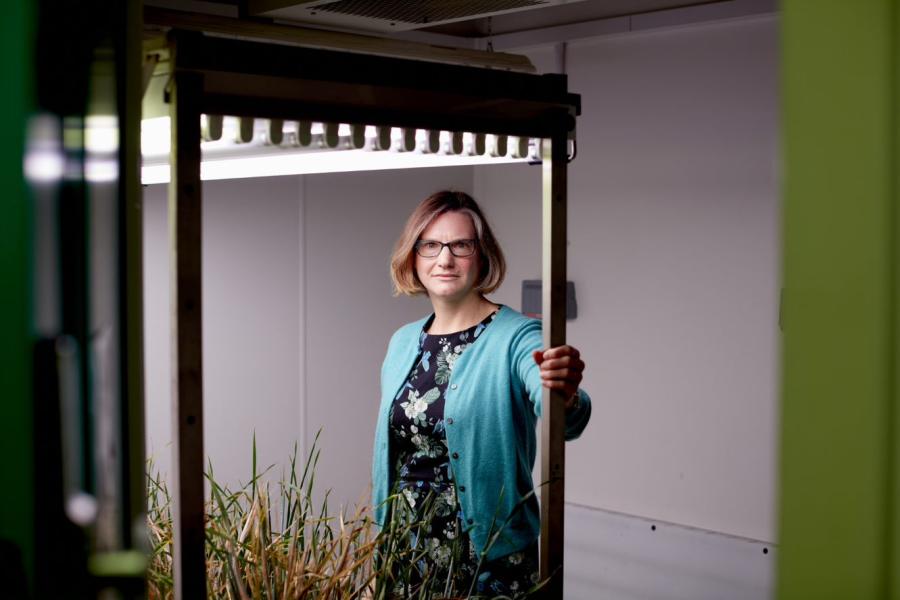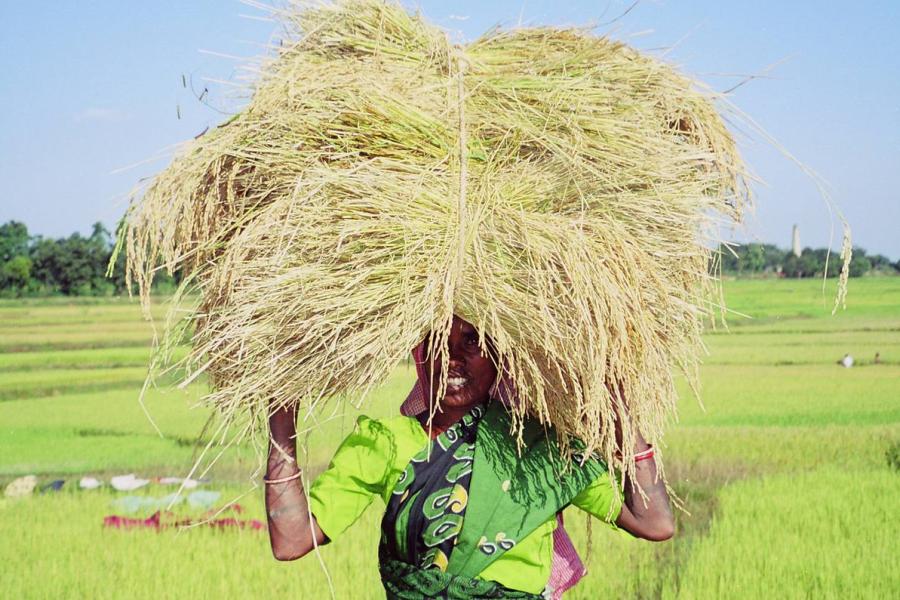Having access to suitable rice varieties, and the knowledge of how to cultivate them well has long been an issue for low-income farmers in India and Nepal.
Pioneering research led by Bangor University has improved the livelihoods of more than 5 million households across these countries through our development of a new rice variety that can cope with their harsh growing climates and growing environments. Issues such as sloping fields, limited access to irrigation and frequent drafts.
This new variety, named Ashoka Rice provides an estimated annual benefit of £17million to the poorest farming households in India alone.
These direct benefits allow farmers to plant an additional crop or devote time to non-agricultural activities, providing extra income and permitting them to send their children to school.
When I consider the scale of the Bangor-led team compared to projects taking place at big International Research Centres, I am really proud that our work led to similar scale of success.
Ashoka rice is now as widely grown in India as the Nerica rice varieties grown in Africa which were developed through massive international efforts and eyewatering levels of funding, dwarfing our project, yet just as many people’s livelihoods have benefitted.



